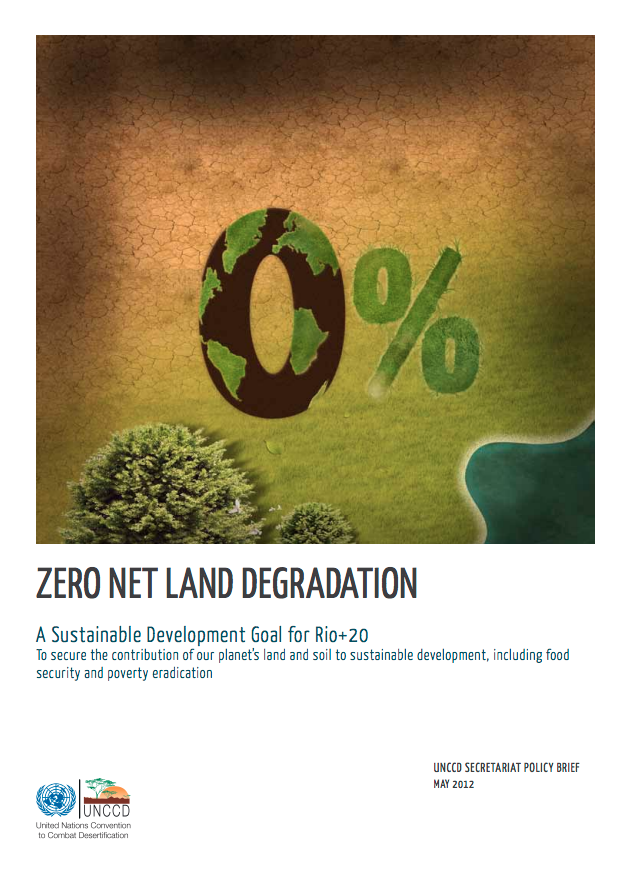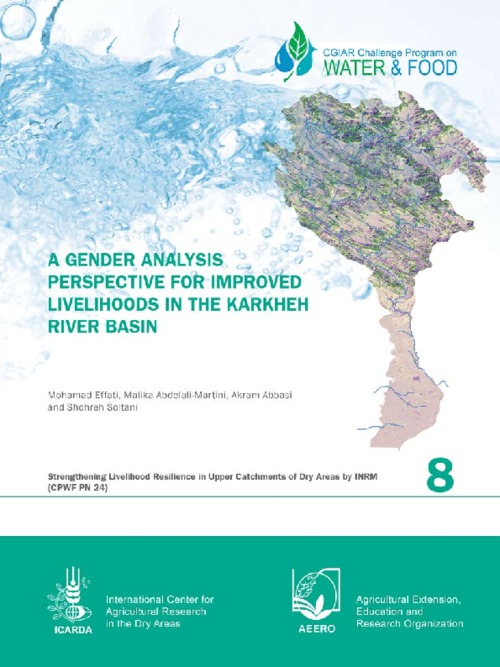The Role of Rural Labor Markets in Poverty Reduction : Evidence from Asia and East Africa
By using long-term panel data sets of rural households in the Philippines, Thailand, Bangladesh, and India and cross-sectional data sets in Kenya, Uganda, and Ethiopia, the roles of labor markets in long-term poverty reduction in Asia is compared with the current situation in East Africa. The study finds that the reliance on agricultural labor markets alone will not reduce poverty to a significant extent, in view of the declining share of agricultural wage income in Asia and its negligibly low level in East Africa.





